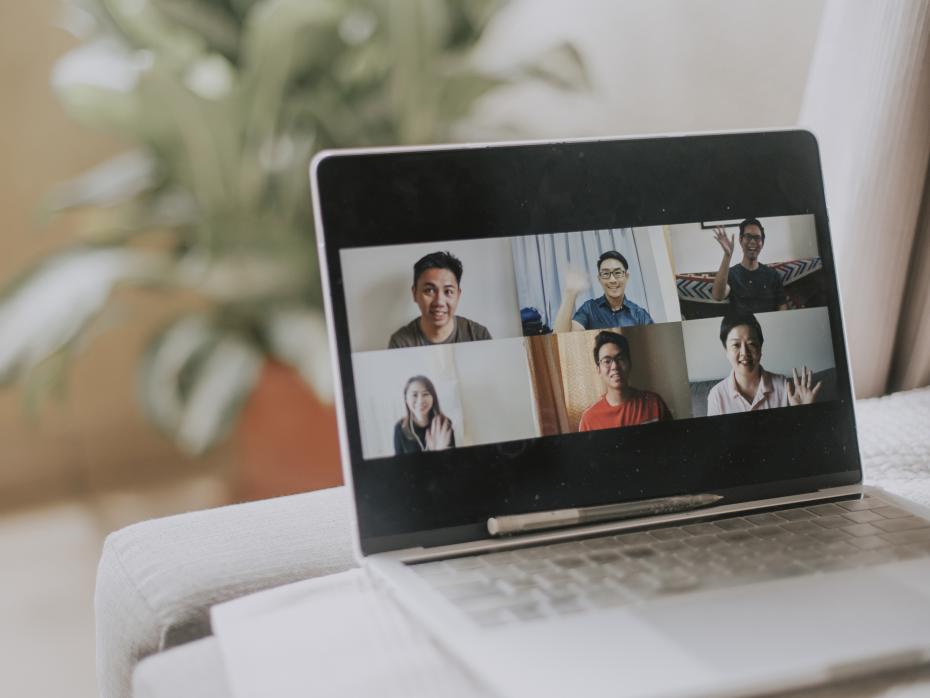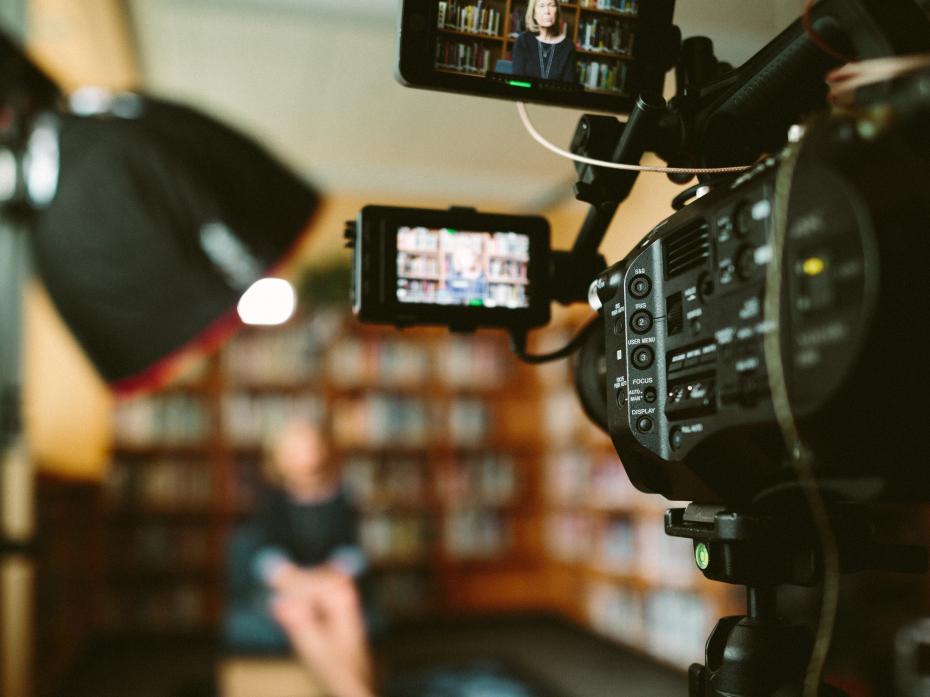Have you found that your students are not receptive to some topics in class? Of course, many teachers experience this, especially when teaching a course with students of different profiles and interests. One way we’ve found that helps alleviate the problem is inviting expert guests to encourage student discussion and critical thinking.
Inviting specialists in the field to these sessions – in both online and face-to-face formats – can be an important differentiator: students seem to respond to the opportunity to attend online classes with experts who are nationally or internationally renowned. Our students have received such sessions well: some have indicated that interacting with these experts allowed them to build ideas and know-how on ways in which the theory learned in class might be applied in the real world; others simply pointed out that they found the talks inspiring.
In implementing this new strategy, we’ve identified some criteria and tips that you might want to follow when planning sessions with expert guests:
Identifying the ideal guest
Expert guests must be aware of the potential dynamism of these sessions. They must be prepared to facilitate interaction and debate in the classroom. The profile is important too: you want an eloquent speaker and a thought leader who is open to dialogue. They must be up to date in their knowledge and experience and have the background to offer focus and genuine insight on the problems discussed in the session they are participating in. Only a guest who can do all these things will truly support your students in making informed opinions on the subject at hand.
- We shouldn’t confuse online engagement with logging in
- Fostering student collaboration rather than competition using peer review
- Why interactive and game-based instruction beats lecturing every time
Implementing a session with an expert guest
- Allocate at least 40 minutes of the class to the expert’s participation. Remember that the guest must have enough time to present to the class and interact with students, too.
- Before the session, share with the guest the class’ context and the students’ academic profile. This point is critical, because if the topic presented is too complex for the students, they may become frustrated or lose interest in the session.
- Ask the guest to include accurate and current examples when explaining topics.
- Share a brief overview and some background on the expert with your students in advance. You can create a video or infographic to introduce the guest or, if necessary, share some of their most outstanding publications or achievements. Your students will be better prepared for the session, as the guest will not feel like such a stranger to them, which should mean they are more confident in participating.
- Moderate the session yourself if needs be to open the dialogue with the guest. Students can become introverted when participating in front of a highly qualified expert, so you can support the guest by leading the session, which should encourage students to share their questions and comments.
- Use your knowledge of the class to identify the most active students, see if they have questions and share them with the guest. To help out, you can use interaction platforms such as Mentimeter or Slido to collect these questions and get instant feedback.
- If the guest agrees, share media at the end of the session. Sometimes the expert might encourage students to contact them or follow their social media if they’re interested in continuing to learn about the discussed topic. Sharing contacts can be a great way to open doors for your students to companies or projects in the real world.
- Once the session is over, ask students to reflect on their experience. This activity will help them recap what they’ve learned, allow you to ensure they’ve paid attention and help you evaluate if it was to their liking. Flipgrid can be very useful for collecting student testimonials.
In conclusion, inviting experts to class sessions enriches the content of the course and, in turn, encourages the motivation, participation and critical analysis skills of students, linking theory with the real world, adding technological tools and knowledge and allowing an open dialogue within the classroom. Such a learning environment allows students to reaffirm the knowledge acquired having had direct contact with relevant, real-world protagonists.
Gabriela Espínola Carballo and Mariana Elizondo are tutor professors of digital education at Monterrey Institute of Technology.
If you found this interesting and want advice and insight from academics and university staff delivered direct to your inbox each week, sign up for the THE Campus newsletter.




comment